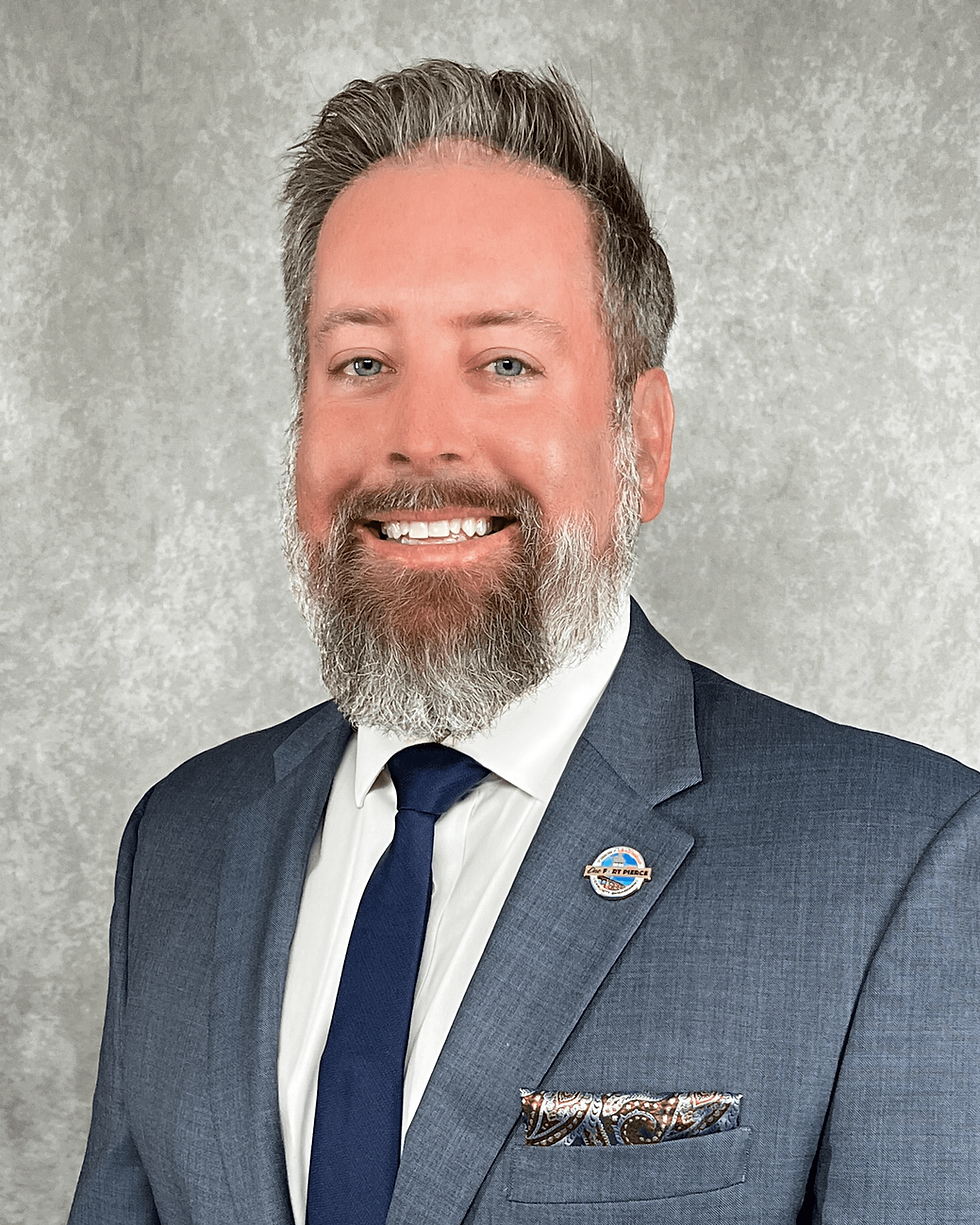The Trump Trials: Where Do All These Cases Stand Now?
- Emily Maiden

- Mar 18, 2024
- 4 min read

It’s been a pretty dramatic time for followers of the former president’s criminal trials, so what does his legal calendar look like now?
2016 Election Interference/Hush Money Case (state)
Originally set to begin with jury selection on March 25, the case overseen by Manhattan District Attorney Alvin Bragg has been postponed for at least 30 days. Trump faces 34 felony counts for allegedly falsifying business records to hide a hush-money payment made to Stormy Daniels to stop her from sharing details of their brief affair ahead of the 2016 presidential election.
This week, Justice Juan Merchan agreed to postpone the trial until at least mid-April following a last-minute release of thousands of pages of documents from federal prosecutors in the Southern District of New York who had investigated the allegations in 2018 and declined to charge the former president. D.A. Bragg’s office had requested the documents a year ago, but only received them in several batches over the past fortnight. The defense had subpoenaed the records back in January.
After Trump’s lawyers complained about the lack of production and requested a 90-day extension, the D.A.’s office responded, explaining that they wouldn’t be averse to a shorter delay of 30 days, which the judge overseeing the case agreed to. There will now be a hearing on the original trial date of March 25 to consider a defense motion to dismiss the case and whether the late receipt of the documents necessitates further delay.
The one trial that was solidly on the calendar has now been thrown into doubt and rescheduling later in the year may squeeze out the other trials, if and when the presidential immunity issue is settled by the Supreme Court. The New York trial is expected to take six weeks once it does begin.
2020 Election Interference Case (federal)
Should the New York case begin in April, it will be a busy month in Trump legal news. On February 28, the Supreme Court agreed to hear arguments on whether the former president is immune from prosecution regarding his attempts to overturn the 2020 election. Oral arguments have been scheduled for April 25. Until that happens and a decision is issued, the case is frozen.
In an order from Judge Chutkhan in January, she made clear that no time would be lost from the original schedule, which would indicate that a trial start date would be set at least three months out from the moment the case is returned to her, should the Supreme Court deny Trump immunity from prosecution. The Supreme Court’s term ends in late June, so it’s thought that any decision would be issued around that time.
That would mean a trial – which is expected to last several months – bumping up against the hot end of the election campaign. Special Counsel prosecutors have argued in Florida that this wouldn’t breach DOJ guidance about taking overt investigative steps close to an election, as the investigative phases of both the D.C. and Florida cases are long over.
Mar-a-Lago Documents Case (federal)
Although the original trial date of May 20 remains on the calendar, that’s only because the judge is yet to set a new one. Jack Smith’s team has suggested a July start date – right before the GOP convention – whereas the defense has argued that the trial shouldn’t take place this year at all, but if it must, it should go in August.
It’s extremely unlikely that this trial begins before the election. For one thing, Judge Cannon has slow-walked the Classified Information Procedures Act process, which is essential in any case involving classified materials. For another, the defense has submitted multiple motions to dismiss, and although the judge denied one of them this week, eight remain outstanding and she does not seem overly concerned with settling them. The path forward is also littered with potential appeals from either side, which would effectively put the case on ice, just like in D.C. A more expeditious judge would have moved things along, but that’s not happening here and t’s not likely to.
Georgia Election Interference Case (state)
The Georgia RICO case was effectively derailed by defense claims of a conflict of interest on the part of District Attorney Fani Willis, arising from a romantic relationship with her lead prosecutor, Nathan Wade. Although the judge permitted the D.A. to remain on the case, he did require the removal of Mr Wade, who tendered his resignation this week. A trial date hasn’t even been set and looks unlikely to be scheduled for some time owing to the complexities of the case – multiple defendants, racketeering charges, and the former president’s ability to insert delays at every turn. For context, in another RICO case overseen by the D.A.’s office, jury selection took 10 months. Although that was the longest period of jury selection in the state’s history, there’s no reason to believe that the process can be streamlined in this case, when everyone has already formed a strong opinion of the former president and his actions related to the 2020 election.
Will any go before the election?
It seems likely that the New York case will make it to trial before November, although that case contains the least amount of legal peril for Trump and is unlikely to result in incarceration. There is still a faint glimmer of hope for the federal election interference case, but that all depends on how quickly the Supreme Court will act on the immunity issue. The possibility of any of the other two trials getting underway this year is remote.
In polls, the federal election interference case has shown to be the most likely to negatively affect Trump’s election numbers and is therefore the one he fears most – although a majority of GOP primary voters would still vote for him, no matter what. Consequently, it’s the trial that needs to be on the calendar this side of November, if that’s at all possible. Voters deserve to know the full extent of his election interference efforts before casting their ballot.








Comments